Fruit Rights Australia Inc., a company set up a year ago to deter illegal propagation of stone fruit varieties, announced recently that growers Steve and Ross Mammone of Woodwood, Victoria, Australia, completed FRA’s first field audit.
During the audit, the number of trees in the ground was compared with the numbers of trees that the orchardists previously reported they had and the number of trees of certain proprietary varieties that had been sold to them.
FRA was established a year ago by five large stone fruit companies in Australia: Mossmont Nursery Pty Ltd, Graham’s Factree Pty Ltd, Montague Fresh, Sun World Australasia, and QFM Variety Management Pty Ltd.
The companies said their main purpose was to educate Australian fruit growers about the advantages of proprietary fruit varieties and their obligations when entering into grower agreements or non-propagation agreements.
“The idea was to help growers understand the fine print of the contracts they sign,” FRA executive officer Russell Soderlund told ABC (Australian Broadcasting Corporation) last year. “FRA will deal with illegal propagation, but it’s all about education and helping growers, through friendly audits, to know what they have on their properties.
“We’re not about marching on to someone’s property, finding illegal propagation, and taking people to court,” he said. “We’re about working together to do it better between the two parties. Then we don’t have to have court cases and costs, and all the trauma that goes with that.”
In order to have continued access to new stone fruit varieties, which come primarily from breeding programs overseas, the licensees need to show the breeders that they are competent in commercializing varieties and have a procedure in place to manage risks, Soderlund said. And one of those risks is illegal propagation.
Garth Swinburn, regional licensing manager with Sun World Australasia, said it is not fair that a small number of individuals have a free ride on legitimate growers by illegally propagating trees.
FRA is conducting desk audits with the cooperation of growers who want to certify their production base by checking that their tree records match those of nurseries and intellectual property rights holders. Records can become outdated with orchard acquisitions and tree removals.
In a recent press release issued by FRA, Steve Mammone, who went through the first FRA field audit, stated, “Our position on proprietary varieties has changed over the years. We want the best varieties, at the right times of the year, and are prepared to pay for them.”
FRA is currently auditing only stone fruit varieties but might broaden its scope to other tree fruits, grapes, and berries in time.

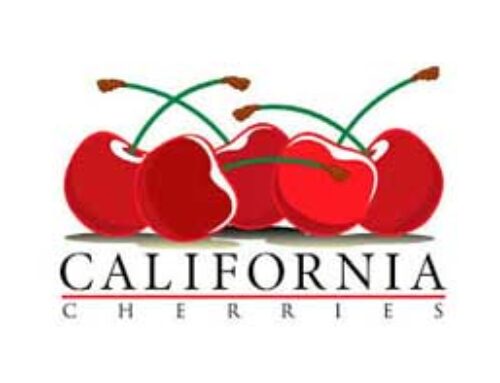
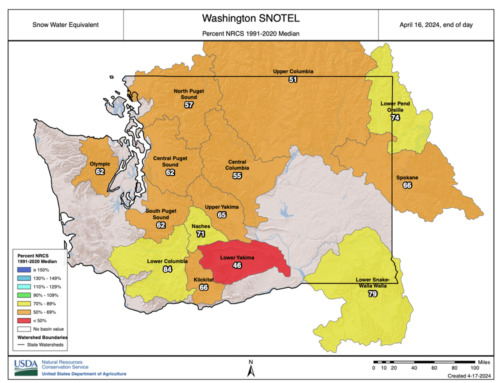
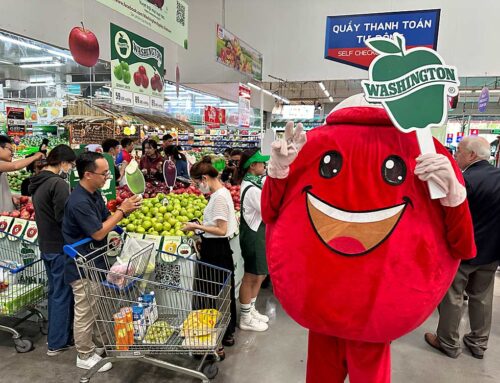
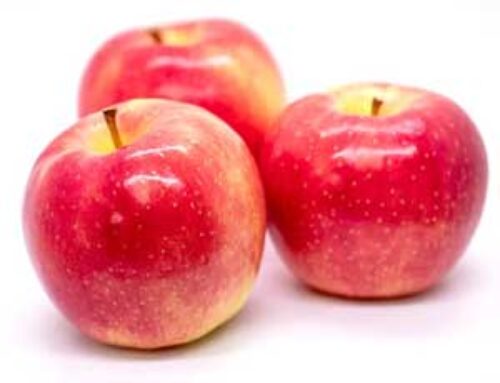
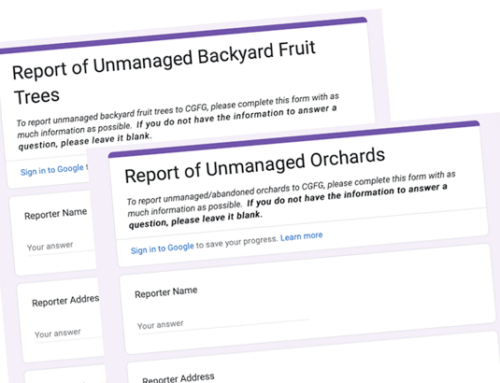
Leave A Comment